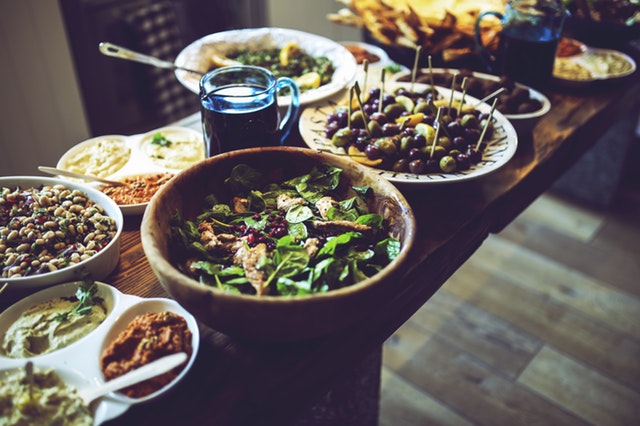Build a Longer Table
By Derek Penwell
“When you have more than you need, build a longer table not a higher fence.” ~Author Unknown
You’ve probably seen the meme on social media. The sentiment about preferring longer tables to higher fences serves as a reminder that we have a choice in how we respond to those people of a different tribe from our own. Such a reminder about hospitality is especially important as we face an uncertain future, where the prospect of division seems inevitable. As a pastor, and even though I know the often bloody history of faith, I hope that the diversity of our religious traditions will offer strength, rather than adding to the estrangement.
Welcoming the stranger as an honored guest sits at the heart of the world’s oldest religious traditions. Such hospitality expresses the best part of our human nature as people of faith, allowing us to identify and cherish that which is most profoundly sacred in each other. And there is perhaps no greater symbol of our dedication to hospitality than the table, which occupies a central place among the various faith traditions.
The symbol of the table speaks of friendship and community, a commitment to finding space for everyone. But the table is also a recognition of the fact that not only should all people be welcome, but that our lives and our community can never be entirely whole while those who are most vulnerable are excluded. Because the table is not only a place where we share what we have with others, but a place where others may bring the gifts of their lives to share with us. In that sense, then, all our lives are enriched when the fences that keep people out are knocked down and the table is made long enough to include everyone.
At our best, people of faith consider ourselves to be people of the long table, a people motivated to extend welcome and protection to the stranger, the immigrant, and the refugee; to pursue friendship with the vulnerable and the imperiled; and to open ourselves up to be blessed by the presence of those who are too often easily forgotten, or worse, intentionally excluded.
The assumption of the inherent value of the lives of others should cause people of faith to grieve when those who are different from us are treated as worthless. But not only do we have a responsibility to welcome the stranger, we also have an opportunity to receive a blessing—the dawning realization that the common table around which we sit makes all of our lives better the longer it is.

